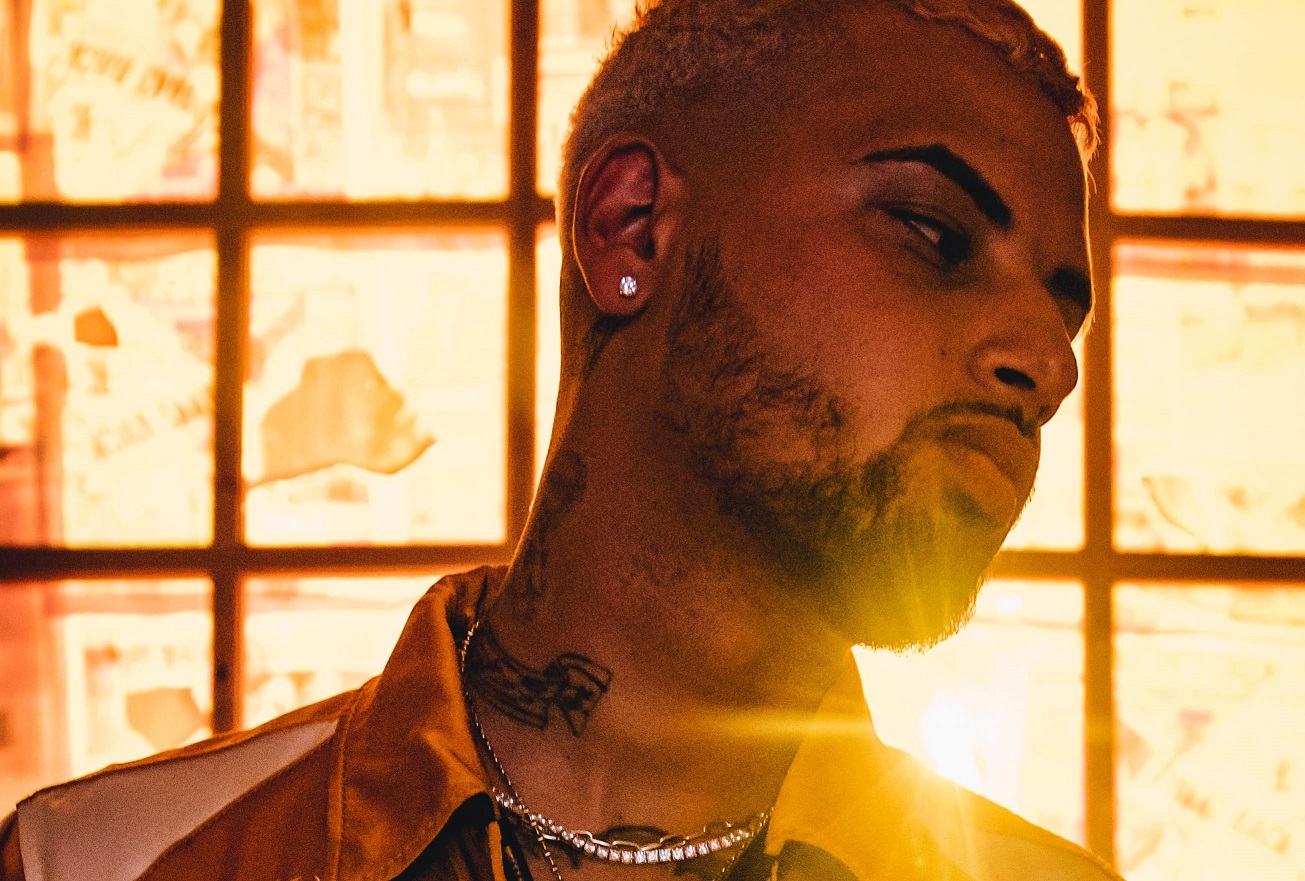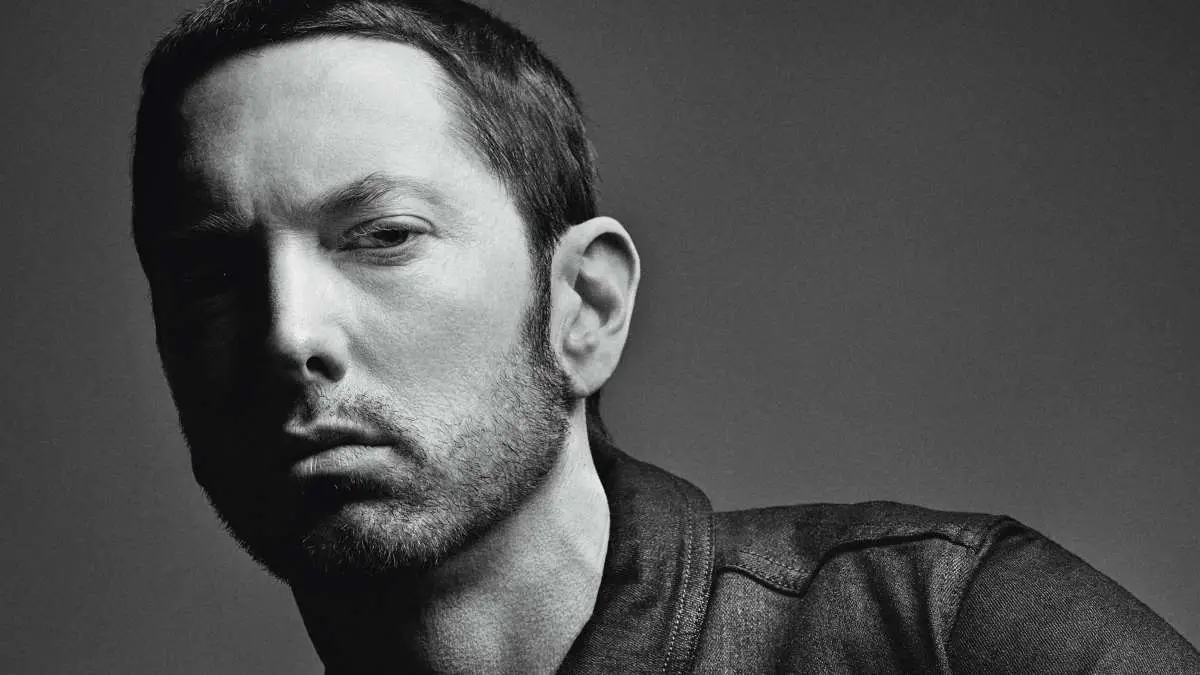Doja Cat is more confident than ever in ‘Scarlet,’ her fourth studio album.
Stream: “Paint the Town Red” – Doja Cat
Doja Cat responds to critics with strong conviction on Scarlet.
The artist told Variety back in April that she wanted to go in a more masculine and rap-centric direction on her new album, and sometimes that means being unapologetic. She doesn’t owe you anything, and she doesn’t need you to be her friend. Listen or don’t, she’s going to be okay. Doja Cat is too good to ignore, and she is all the more undeniable because she has nothing left to prove. She is an artist first and foremost, as her appearances at award shows demonstrate, and most fans are enjoying the spectacle instead of getting involved in winless internet arguments.
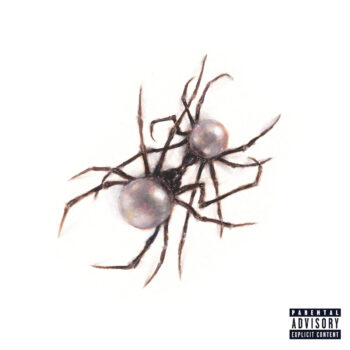
Some fans and critics are upset with Doja for her brazen and often brash behavior, yet they still watch and listen. People like to cite her past mistakes as if they have never made one themselves (keep in mind that Amala Zandile Dlamini is still in her twenties). Unlike just about everybody else on the planet, Doja Cat has millions of people critiquing her every single move. Understandably, she has lashed out, she’s a rock star. Furthermore, women celebrities are held to a standard of perfection that is incomparable to the low bar that male stars are held to. If Doja were a man, there would be far less backlash — imagine if Snoop Dogg’s fans referred to themselves as Puppiez — but as a woman, she is expected to be nurturing and caring, while at the same time releasing unapologetic and cathartic songs.
Doja’s rise to fame has been well-documented, but a quick synopsis is important to gain a bit of perspective. Dlamini was born in 1995, she spent the first few years of her life in New York City with her grandmother, moved back to Los Angeles with her mother (estranged father), spent a few years living in a commune in Agoura Hills, moved to a white suburb of Los Angeles (experienced racism), then went to a performing arts high school in Los Angeles for a few years before dropping out to focus on music. Doja Cat had her breakthrough hit with “Say So” which made it seem like she was an overnight success. Doja’s unique upbringing and trajectory to stardom have created a one-of-a-kind artist, and her new album demonstrates that she has plenty more weapons in her arsenal.
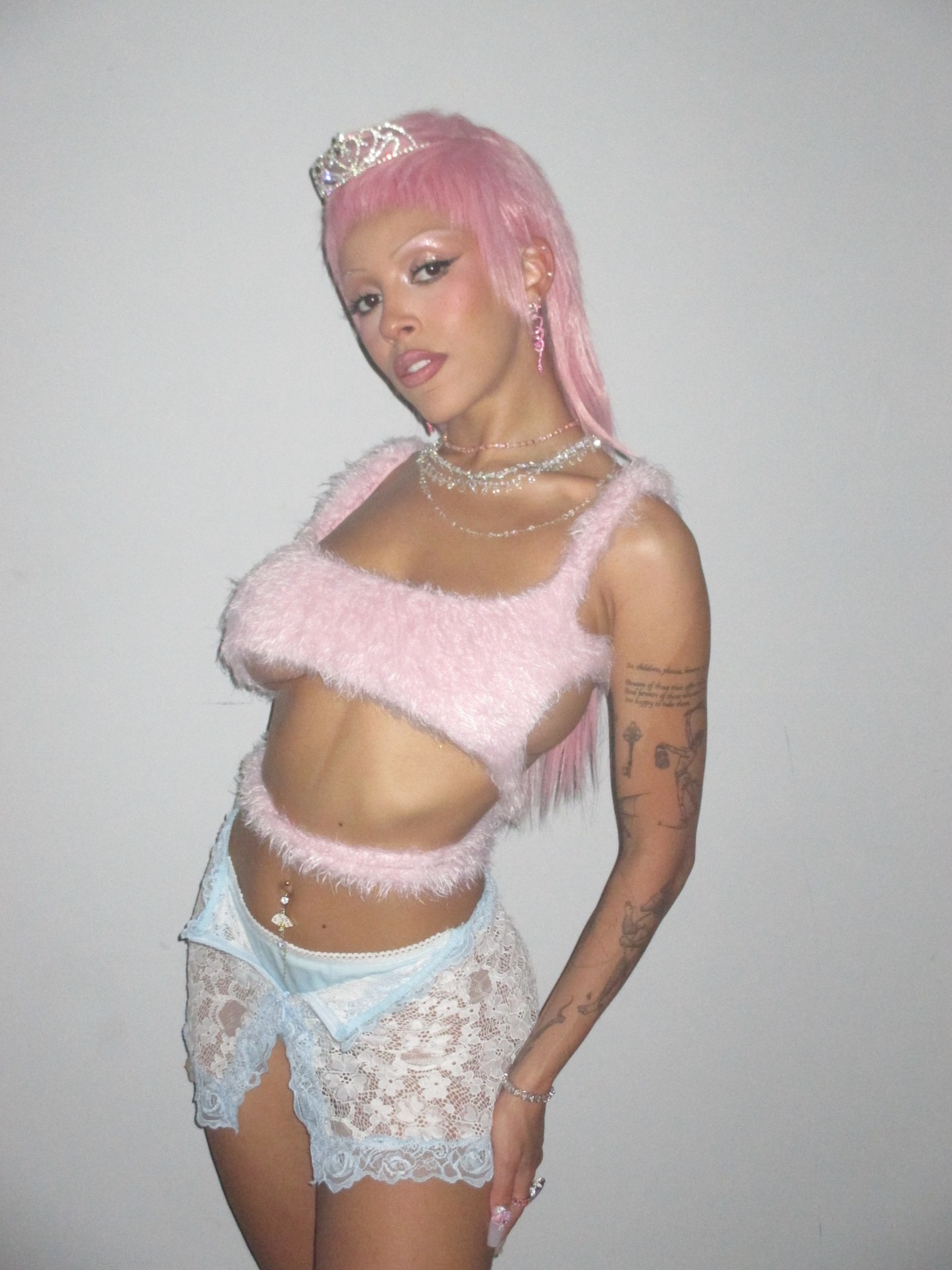
Scarlet is empowering for women, weirdos, sex freaks, bald people, and everybody in between.
The album flaunts her youthful exuberance, yet she is at the point in her career where she has the craftsmanship of a veteran. There are no features on the project, but the multifaceted Doja is able to bend styles throughout the tracklist to make each song unique. Nikki Minaj’s influence still shines through. Hear me out, but there are Eminem vibes on the project—her voice serves as another instrument, she is pissed off, she articulates clearly, there are fun adlibs, timely pop culture references, no shame in her quirks or sexuality, and a clear emphasis on the fact that she is not trying to be a role model. While the album is meant to be more rap-oriented, Doja bends and crosses genres effortlessly, she could make a hyperpop record and a country one the next.
Scarlet is cinematic in scope, with big production and extensive credits on the tracklist — but it is clear that Doja Cat is the brainchild of the album. The first track and chart-topping single, “Paint the Town Red,” opens with the lines “Yeah, bitch, I said what I said,” setting the tone for the rest of the album. She brags about her new look, smoking (presumably weed because later in the album she says she has quit nicotine) in public, and falling asleep courtside. What makes Doja such a captivating artist is that she’s aggressive in the chorus, soulful in the post-chorus, and lyrically agile and comical in the verses.
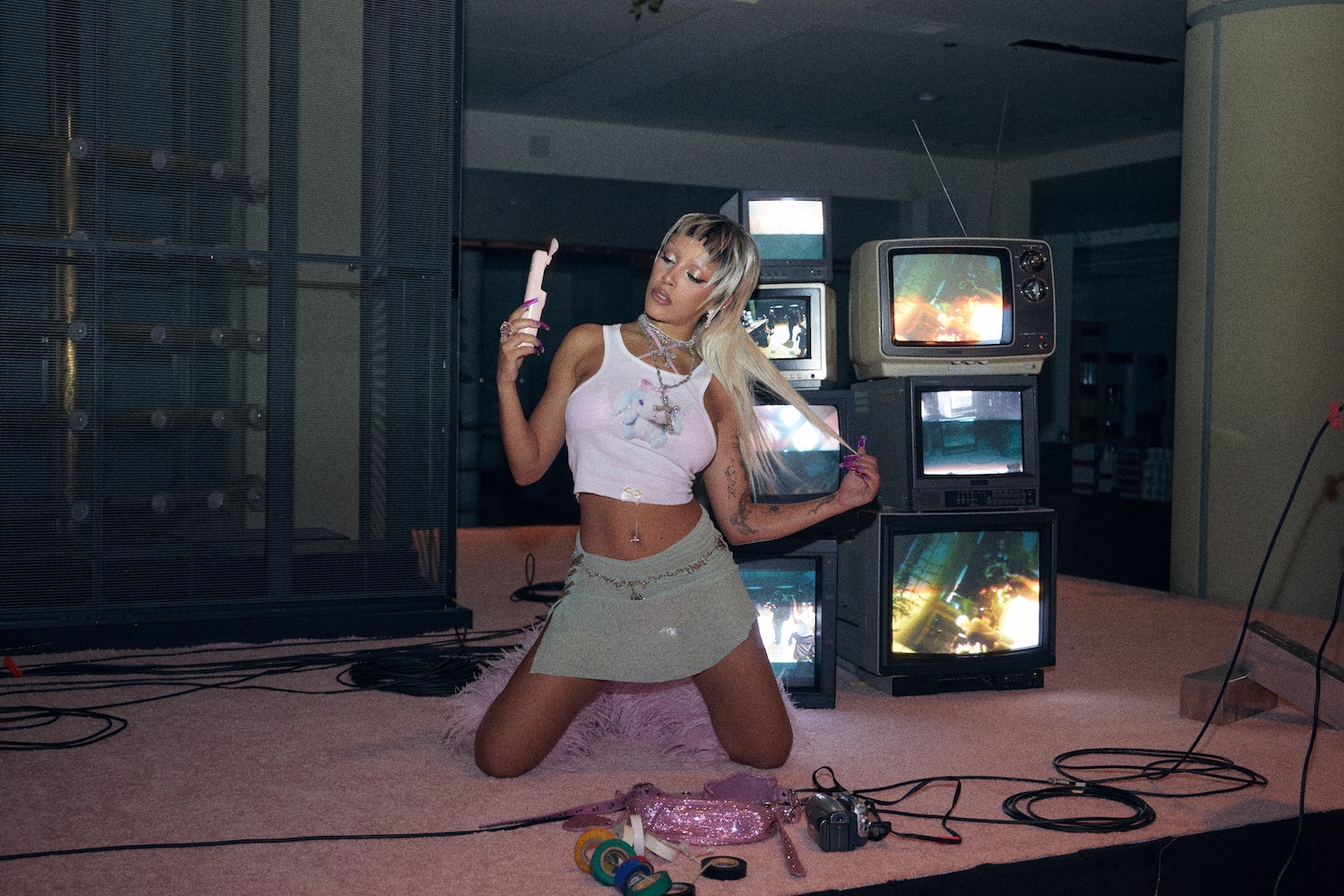
What makes Doja such a captivating artist is that she’s aggressive in the chorus, soulful in the post-chorus, and lyrically agile and comical in the verses.
The next track (and third single), “Demons,” similarly belongs on workout playlists. In the song, Doja Cat is reconciling her demons by purging herself of unwanted fans. “Wet Vagina,” perhaps the rapper’s response to “WAP,” is a braggadocious song that probably will be bypassed at most frat parties.
“Ouchies” is a fun two-minute track that sees Doja rapping à la Lil Wayne or Amine while mixing in some Minaj-esque vocal cadences (“I ain’t lookin’ good? You hallucinatin’”) that keep the listener engaged. The single “Attention” has a ’90s vibe to it with Doja’s laid-back flow and multisyllabic rhyme scheme.
“Agora Hills” might be the most vulnerable that we see Doja on the album. A love song to (controversial) J Cyrus, who she doesn’t mention by name, but the internet and critics seem to be sure the two are dating.
The title is purposefully spelled incorrectly as a reference to agoraphilia — the love of public life, crowds, and (public sexual) activity — also alludes to the Los Angeles neighborhood where Doja Cat grew up. Doja has a childlike (Kreashawn-y) flow to it, as if she is a teenager gushing over a crush.
Doja Cat achieved her goal of creating a rap-forward album and has matched the success of her prior albums while doing so.
However, the anger and resentment that she felt when creating Scarlet is palpable, keeping her from achieving the same level of playfulness and re-listenability as her last project, Planet Her. Yet, Scarlet is still (deservedly) one of the most listened to albums on the planet. Doja Cat is a remarkable artist with a long career in front of her, and it will be exciting to go along for the ride.
Hopefully, Ticketmaster will be out of business when Doja Cat goes on her own Eras tour next decade.
— —
:: stream/purchase Scarlet here ::
:: connect with Doja Cat here ::
— — — —
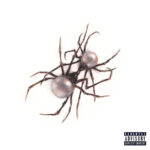
Connect to Doja Cat on
Facebook, Twitter, TikTok, Instagram
Discover new music on Atwood Magazine
© Jacob Webster
:: Stream Doja Cat ::

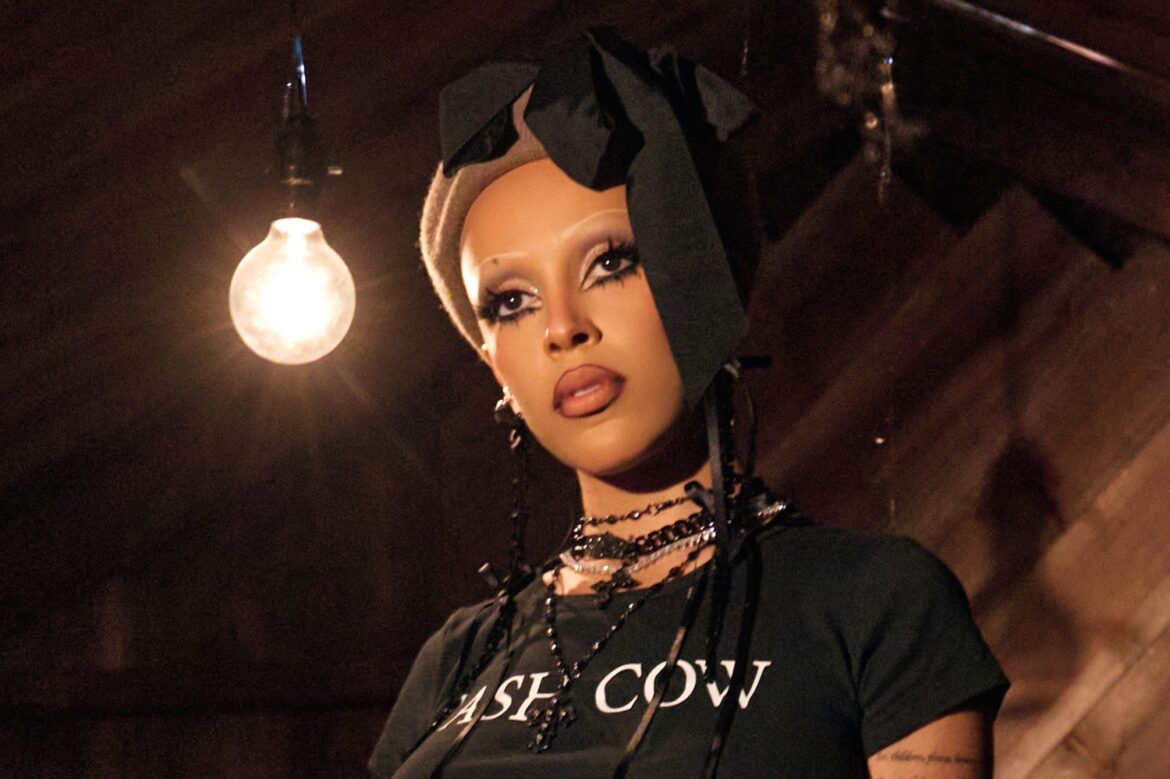
 © Jacob Webster
© Jacob Webster

